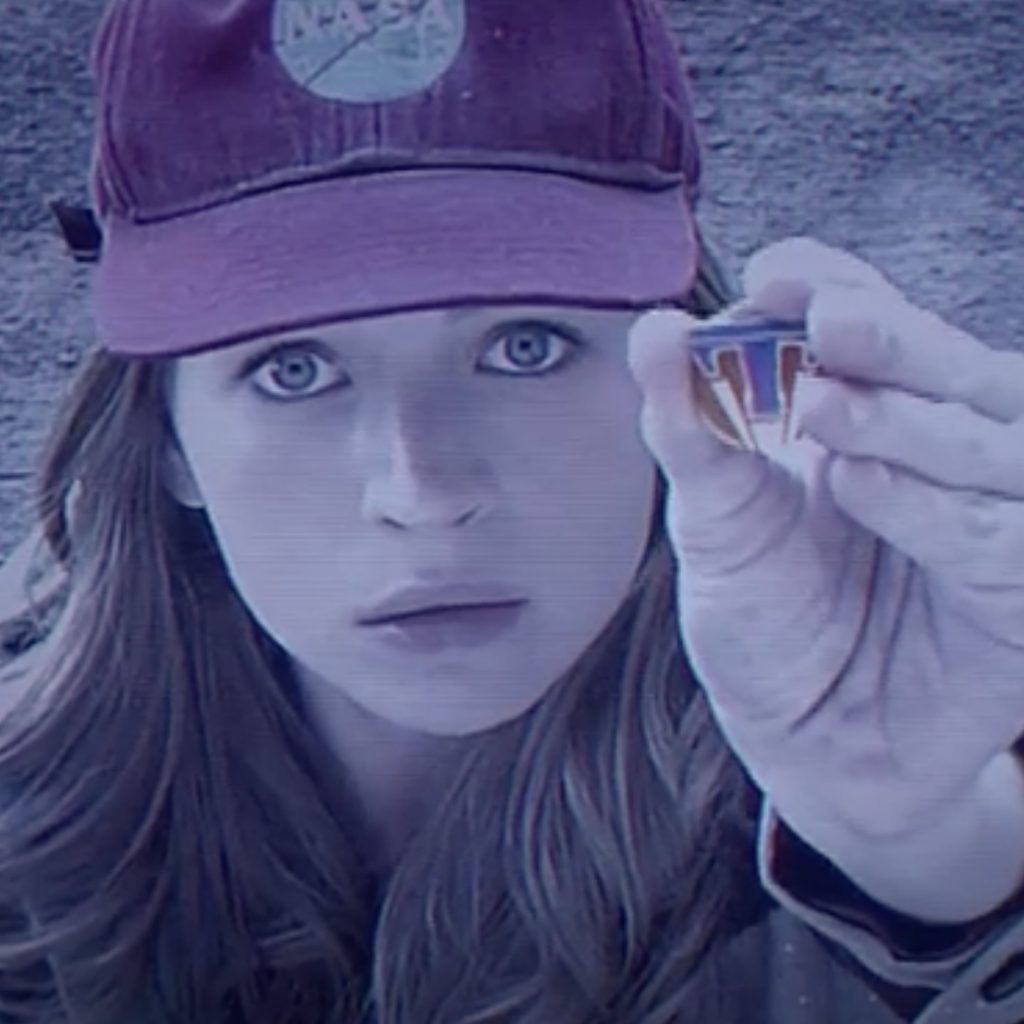
Do you feed your nurturant wolf? This week on my morning treadmill, I fed my nurturant wolf by watching Walt Disney’s 2015 movie Tomorrowland. In it, Britt Robertson plays Casey, who seeks to save humanity’s future by constantly feeding her nurturant wolf. In fact, what keeps her going is taking to heart her father’s story about two wolves fighting inside of him. Furthermore, one wolf is strict and punishing while the other is nurturing and empathic. And she finds strength in her father’s reminder to feed the nurturing wolf. Consequently, she relentlessly feeds the nurturant wolf of her ally, Frank Walker played by George Clooney. Finally, Casey convinces Frank to persevere and care more effectively.
When your baby cries at night, do you pick her up?
Do you feed your nurturant wolf? Scientists recently developed a related question that identifies conservatives – strict and punishing – from progressives – nurturing and empathic: “When your baby cries at night do you pick her up?” If you answer yes, you are feeding the empathic and nurturing wolf. If you answered yes, you are considered a progressive because you govern an important part of your life with empathy and nurturance no matter your party affiliation. Most importantly, the Empathy Surplus Project wants to help you extend that governance of care in your political life.
The discernment of the two wolves happens naturally in the brain.
On December 8th my Empathy Surplus Congress testimony answers the question: Do you feed your nurturant wolf? Moreover, we’re reading George Lakoff and Elisabeth Wehling’s Your Brain’s Politics: How the Science of Mind Explains the Political Divide. And over the next three weeks Chapter 4, entitled “Morality, Times Two: How We Acquire and Navigate Two Moral Systems, has three sections that nurtures our discussion. Furthermore, our human brain structure naturally enables discernment of the two wolves in our lives – dominance or empathy, strictness or nurturance, conservatism, or progressivism. So when our family and communities collaborate effectively, we feed the empathic wolf and our children become stronger nurturers.
It takes a village to feed the nurturant wolf.
The two wolves can be thought of as frames. And the daily feeding of the nurturant wolf is using the concept of personhood reflexivity to strengthen caring thought leadership. So for progressive and nurturant morality in political discourse to feel like a comfortable sweater takes commitment to and nurturant action in and out of our communities of practice. Consider being my guest for the next four weeks by emailing chuck.watts@empathysurplus.com.


There are many ways to look at nurturing. This article prompted me to identifying and talk of my own experience with farm animals. I have had a flocks of birds throughout the last three decades. I feed them and treated them humanely, or so I thought. We ate their eggs and killed and ate most adults. About three years ago I killed my last chicken. I have believed over the years that I had to know where my food comes from and what the sacrifice was. I finally internalized that we did not need to kill anymore. We are fed well enough.
All of these years there had been so much aggression and mayhem in the flocks.
Roosters fighting,…brutalizing the hens…attacking me. It was crazy. I accepted it all as normal.
Once I stopped killing them, everything changed.
I never understood how my attitude toward them caused such fear and panic.
That’s a whole lot of bad karma to work off. This may be why I’m such a crybaby.
As if that wasn’t bad enough, about 8 years ago I gave two mature, gentle, healthy bucks (goats) to a group of friends who were recent immigrants. I invited them to feast and party here on the farm. They carefully removed the hides and presented them to me.
I had them tanned. They are in our pool table room. Every time I see them I think, “Those goats thought I was their friend.” (I call this, ‘wallowing in an orgy of self-torture’.)
Animal Farm.
2020 has had a brutalizing effect on society. This results in an unusual amount of media stuff on the need for compassion and empathy.
Most people are no longer laughing at the idea of putting the welfare of people above profits. We are not alone and I am so proud to be a member of this group.
We all play our role at our own pace, but this group is headed in the same direction toward empathic living.